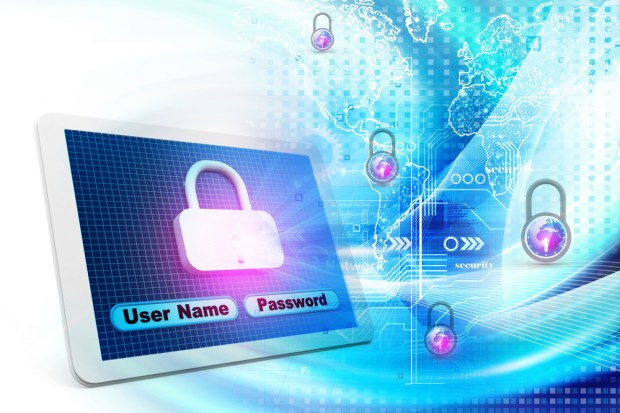The IT Case Against Backdoor Encryption Access

While government agencies continue to push for backdoor access to encrypted information systems, a recent survey showed 63 percent of IT professionals remain opposed to the idea.
According to a recent survey by global IT and cybersecurity association ISACA, the results of which were released Monday (Jan. 11), nearly 59 percent of respondents said privacy was being compromised by the government’s effort to impose stricter cybersecurity laws.
“The Cybersecurity Snapshot shows that the professionals on the front lines of the cyberthreat battle recognize the value of information-sharing among consumers, businesses and government but also know the challenges associated with doing so,” Christos Dimitriadis, international president of ISACA and group director of information security at INTRALOT, said in a press release.
“Cybersecurity has become a high-stakes, boardroom-level issue that can have crippling consequences for any C-suite executive who lacks knowledge about the issues and risks. Strong public-private collaboration and ongoing knowledge-sharing are needed to safeguard our organizations from cybercriminals.”
The survey of 2,920 ISACA members across 121 countries divulged mixed feelings and doubt about the recently passed U.S. Cybersecurity Information Sharing Act of 2015, which calls for organizations to disclose information voluntarily after data breaches take place.
Nearly 72 percent of respondents in the U.S. said they are in favor of the U.S. Cybersecurity Information Sharing Act of 2015; however, only 46 percent believe their own organization would voluntarily share cyberthreat information with the government if it experienced a data breach.
ISACA’s January 2016 Cybersecurity Snapshot also shed light on the top three cyberthreats that IT and security professionals are concerned about in 2016: social engineering (52 percent), insider threats (40 percent) and advanced persistent threats (39 percent).
